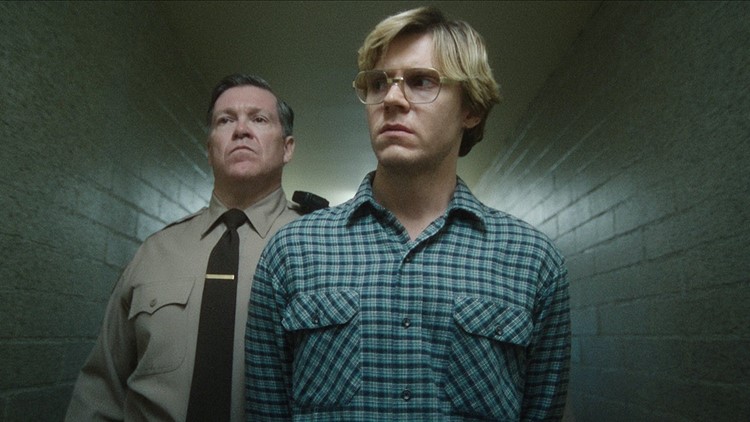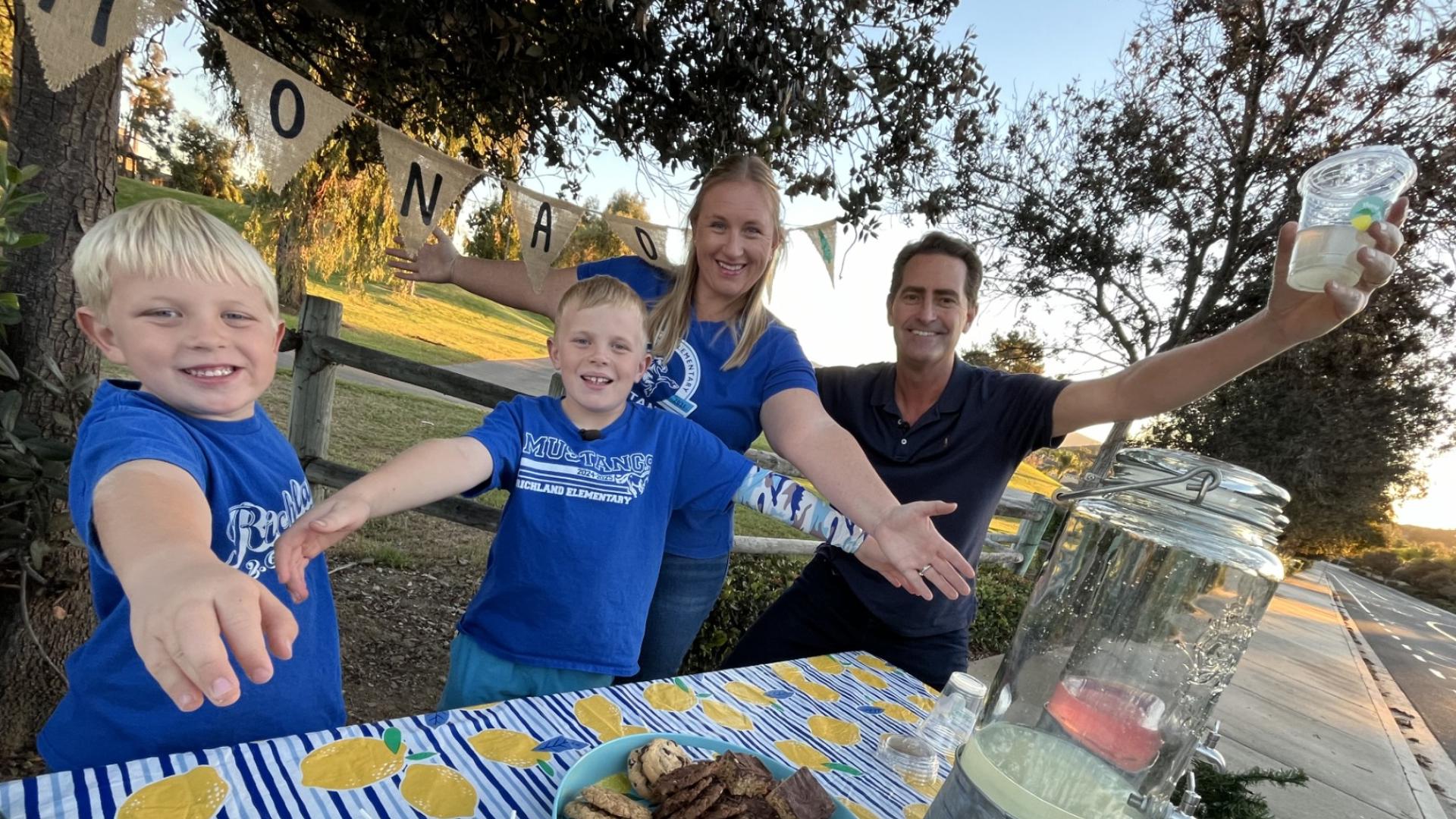Shirley Hughes, the mother of Jeffrey Dahmer victim Tony Hughes, has spoken out against the Netflix series, Dahmer – Monster: The Jeffrey Dahmer Story, which depicts the serial killer’s murders. “I don’t see how they can use our names and put stuff out like that out there,” she said.
In an interview with the Guardian, Shirley, now 85, has joined the growing number of relatives who have slammed Ryan Murphy’s dramatization starring Evan Peters as the gruesome killer who murdered 17 men and teenage boys over 13 years. The series, which has quickly become one of the most watched originals on Netflix, even features Rodney Burford as Tony, a deaf and mute man who was killed in 1991, with Karen Malina White portraying his mother, Shirley.
“I don’t see how they can do that,” she said, with the outlet reporting that she explained “it was difficult to talk about Tony’s murder” before hanging up.
In addition to Shirley, Errol Lindsey’s sister, Rita Isbell, and a cousin named Eric Perry, both lashed out against the limited series for not reaching out to them prior to its debut on Netflix and for “retraumatizing” their experiences.
In an essay for Insider, Isbell, whose emotional victim impact statement was recreated word-for-word onscreen by actress DaShawn Barnes, wrote that what she saw of the series “bothered me, especially when I saw myself – when I saw my name come across the screen and this lady saying verbatim exactly what I said.”
Suddenly, “it felt like reliving it all over again,” she explained. “It brought back all the emotions I was feeling back then.”
Meanwhile, Perry’s comments went viral on Twitter after he said it was “wild” they recreated Isbell’s moment in court. “It’s retraumatizing over and over again, and for what?” he wrote.
While those who knew the victims have condemned the limited series, two friends of those killed share their stories in the Netflix docuseries, Conversations With a Killer: The Jeffrey Dahmer Tapes, with Michael Ross recalling the last time he saw Hughes alive.
“Tony knew Jeff for a long time. And Tony and Jeff had had relations. Tony told me so,” Ross said on camera. “It was Memorial Day weekend of 1991. Tony Hughes and I were together in a bar called The Phoenix. We were sitting at the bar having cocktails and Jeff came in the back door. Jeffrey Dahmer. When Jeff walked in, Tony got up from the bar and approached him. Tony left me and went to follow Jeff on the dance floor.”
“That was the last time I saw Tony Hughes,” he added.
While director Joe Berlinger revealed to ET that when it came to the families of Dahmer’s victims, “most either did not respond or declined, and I can understand why,” adding that he respected their decision not to participate in the three-part documentary.
But Ross explained on camera why it was important to speak out and to “humanize the individuals who lost their lives.”
“Recognizing that each one of those young men had a mother, a father, had sisters and brothers that loved them and still miss them,” said Ross, who was close with several of the men killed by Dahmer, including Hughes, Tony Sears, Ernest Miller and Eddie Smith.
“They were just trying to do what we’re all trying to do: Survive. Live and enjoy the life they’d been given. They had a life that they loved. I think it’s important to tell their story. Nobody deserves to die like that,” Ross concluded.
RELATED CONTENT:



